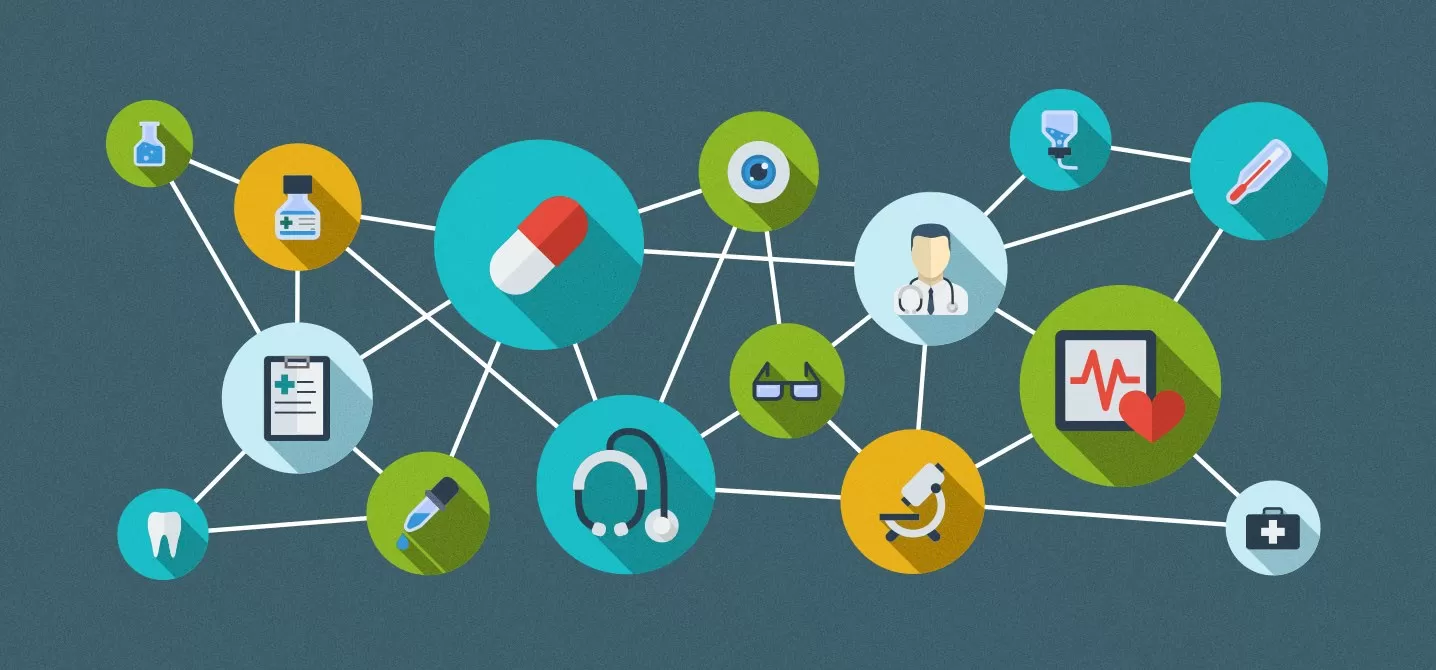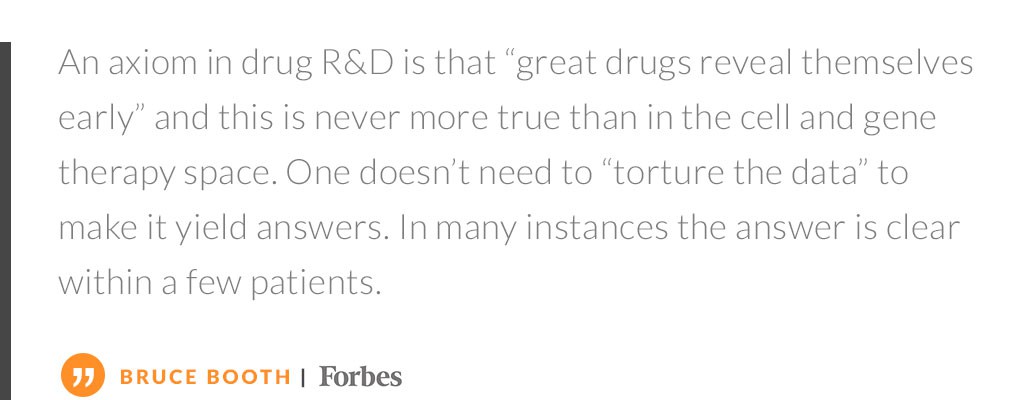Preparing for Gene Therapy Trials

A lot has happened in the six months since publication of our Gene Therapy Primer. Notably, two gene therapies have been approved by the FDA (the first ever gene therapy approvals in the US) and a third has received a unanimous recommendation for approval from a panel of FDA advisors. The life transforming efficacy reported for AveXis’s gene therapy in children with Spinal Muscular Atrophy is creating optimism that gene therapy could also have profound efficacy for individuals with Rett Syndrome. Indeed, many parents are seeking guidance on a question that was almost unimaginable a few years ago. “If a gene therapy trial is initiated, should I enroll my child?” From my point of view, the critical question - how to best assess the risks and potential benefits of participation - is one that parents should ask before enrolling their child in any clinical trial.
This assessment has been relatively easy to date as every prior clinical trial in Rett Syndrome has tested a drug originally developed for another medical condition, and thus, safe administration to humans had already been established. Since there are no drugs approved to treat Rett, it made good sense to explore whether these relatively safe drugs could provide benefit. Although some Rett trials have reported modest benefits for a subset of individuals, none of these repurposed drugs have produced life-altering improvements.
In contrast, several recent gene therapy trials have demonstrated profound efficacy that is easily documented and clearly meaningful. The articles in Science and Forbes highlight the potential for gene therapy to produce profound and unprecedented efficacy.

The gene therapy under development by AveXis targets the root cause of Rett Syndrome by delivering a healthy copy of the MECP2 gene to brain cells. Importantly, this represents the first therapeutic in development that has been specifically designed to treat Rett Syndrome.
Although this gene therapy produced greater efficacy in mouse models of Rett Syndrome than any drug treatment studied, it is not currently possible to predict how accurately the efficacy in mice will translate into benefit for humans. This question can only be definitively answered by actually testing the gene therapy in humans with Rett Syndrome.
On the other hand, there is significant knowledge and experience in assessing the safety of new gene therapies. The NIH Clinical Trial Registry identifies over 70 gene therapy trials that are either already completed or currently in progress and each trial expands the understanding of how safety in animals predicts safety in humans. The specific viral vector (AAV9) selected for the Rett gene therapy has been safely administered to humans in numerous trials, six of which are specifically highlighted in the Science article mentioned above. That is excellent news. Of course in Rett the vector will be carrying the MECP2 payload and that has never been delivered to people before. As with any new therapeutic, the first human will not be enrolled in a study until the FDA is convinced that 1) safety has been comprehensively demonstrated in animals, 2) that the gene therapy has been manufactured to the high standards required for use in humans, and 3) that the design of the clinical trial appropriately balances the risk and benefit to participants.
Because the FDA must review and approve all gene therapy human trials in the US, they have the deepest understanding of how animal safety studies predict human safety. However absolute safety of any novel therapeutic cannot be guaranteed. In contrast to typical studies of new drugs, it is not considered ethical or appropriate to first test safety of gene therapies in healthy human volunteers. As a consequence, the first humans to be treated with any new Rett specific gene therapy will be individuals with Rett Syndrome. The fact that study participants will not be able to provide informed consent themselves, places the burden of responsibility on parents to thoroughly evaluate and weigh the risks against the potential for benefit when deciding whether to participate.
This risk/benefit assessment will necessarily be very personal for each family. It is likely that different families, expert scientists and physicians will reach different conclusions and express conflicting opinions. As an example, when AveXis proposed an SMA1 gene therapy dose 100 times higher than had ever been administered to humans, many experts in the field warned that this was unsafe and could potentially result in death. However, the animal studies suggested the dose would be safe. FDA and the NIH Recombinant DNA Advisory Committee reviewed the data and approved the study. In retrospect, if the most conservative expert opinions had prevailed, it is unlikely that any of the 15 children in that first study would be alive today let alone walking, dancing and developing like the child profiled in Science. Even more important is that knowledge gained during this small study defines a path toward potentially curing the thousands of children born each year with this devastating genetic disorder.
A separate factor likely to vary among individuals is how much risk is acceptable when treating disorders that cause disability rather than imminent death. Some will argue that high levels of risk are only acceptable when treating fatal diseases such as cancer or SMA1. Other individuals view the certainty of severe lifelong disability, as is typical for Rett, as justification for assuming similarly high levels of risk. Although opinions will certainly vary, recent regulatory legislation permits patients and families to have greater input in making these personal decisions.
Another sentiment I often hear is that any potential adverse effects encountered in a Rett gene therapy trial could close down the program and end this therapeutic approach forever. I don’t agree. Firstly, the gene therapy field as a whole is generating exciting data. There is no going back now. Secondly, why the double standard? No one expected optimal results with the first organ transplant or the first open heart surgery or the first “anything” in medicine. While we hope for dramatic results, we will not be deterred if further development is required. In fact that is why RSRT continues to fund our Gene Therapy Consortium.
During my year and a half at RSRT I have met numerous individuals with Rett Syndrome. Their challenges have inspired me to be bold. It is my sincere hope that our community has the opportunity to actually make these intensely personal decisions as soon as possible.
I welcome your thoughts and input.


